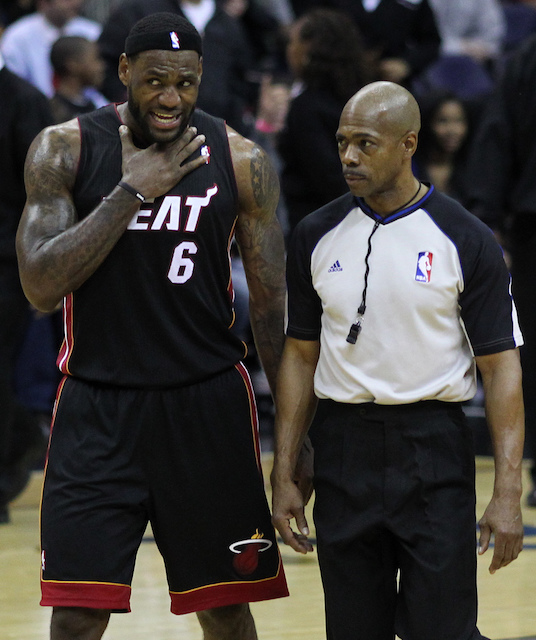I never considered myself talented.
Yet I still got a handful of decent results competing as a professional athlete.
So what, then, is the definition of talent?
Having coached athletes for many years, in my experience the one thing that can really overcome physical talent is the ability to hurt, suffer, or endure pain.
Here’s the interesting thing about pain: The way we judge our pain actually does more damage than the physical pain itself. The pain alone is always neutral; it is as it is. The second the mind comes in to resist that pain, the physical messages that the body receives are amplified.
Enduring physical pain is possible, so long as we remind ourselves that it is just information. If we don’t resist, we are giving pain an exit point, and it is then free to circulate around our bodies, while we operate under its load.
Once the mind starts to label and tag pain things start to get a lot more difficult. As soon as judgement steps in, identifying pain as “bad,” then you may as well drop a 40 kilogram weight onto your back. Most people just don’t realise that this is happening, and thus struggle with the same issues again and again. Athletes constantly adjust their training in a never ending effort to overcome an issue that is not arising within their physical body.
When coaches talk about the ability of an athlete to suffer this is what we are referring to. It’s not a physical ability, it is a psychological application of the refusal to judge pain. It is pure acceptance and non-resistance to what is happening in this moment. As athletic careers evolve, I imagine many athletes don’t even realise that they have reached this point, it becomes a matter of due course; unless we can overcome the judgement of pain, we will never reach a high performance level.
So how do we achieve this? We have to try and become aware that whenever we are looking at pain from the perspective of a person, the one who has history and a relationship with pain in the memory bank, it is amplified. The mind will always make a story of the pain we are in by attaching it to a past negative experience.
Once we make anything personal it is no longer neutral. In much the same way that we have stuffed those past painful experiences deep into our subconscious, the pain we are in right now becomes compressed. Like any compression this creates pressure, and it’s only a matter of time until the pressure becomes too great and the cracks start to appear. Inevitably, our performance starts to suffer as a direct result.
Post-race evaluations often lead to the wrong conclusions causing coaches and athletes to push even harder in training, digging an ever deeper hole. A hole that often leads to early retirement, or in some well known cases concerning world-class athletes, the sacking of coaches as the public calls for blood and someone to blame.
In my opinion many sporting bodies could do with looking at this closer. As a nation it is clear to me that we continue to create the same mistakes over and over again without addressing the problem, or worse, by not learning from our mistakes. If we continue to deliver the same approach, then we must expect to get the same result. Throwing more money and pressure into the pot only creates a culture that encourages athletes to crack at key moments, when it matters most. If you don’t believe me, look at our last Olympics.
We are human beings, not machines. It is very difficult for a human being with so much history and conditioning to not take things personally. However, we can learn to allow pain; we can learn to let it circulate, without judging it through non-resistance of what is unfolding. If we can learn to let this moment be neutral, then pain can get transmuted directly into performance. This happens when we become connected to the performance itself, in the sense that the process is all there is in this moment.
What’s the lesson?
The more personal you make a moment, the more painful it will become.
Are you willing to try a new approach?
Author: Grant Giles
Images: Flickr/Keith Allison
Editor: Travis May








Read 0 comments and reply